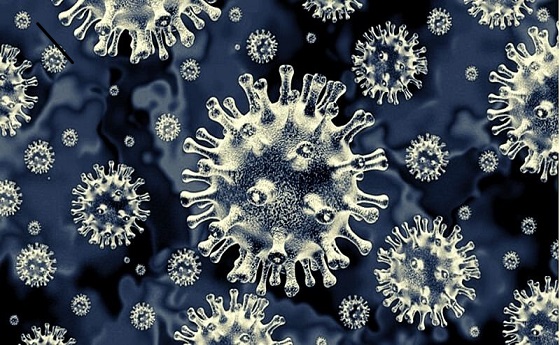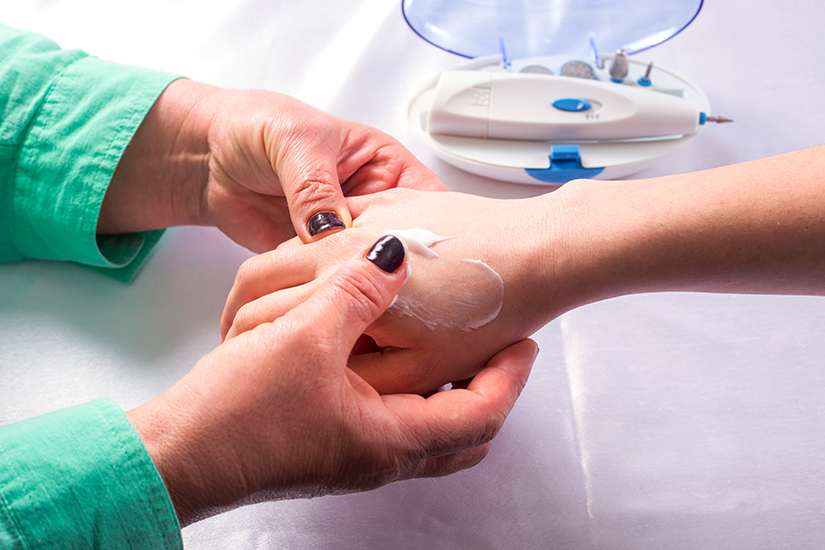- Emergency Ambulance Services
- 8606811111
- 0471-4077777, 0471-7177888
- gro@sutpattom.com
Black Fungus or Mucormycosis – Everything you need to know
Dr. Anu Thampy, Consultant ENT Surgeon, SUT Hospital, Pattom
What is Black Fungus?
Different types of mold particles are present in our atmosphere and soil. Some of these molds can cause disease in humans. Mucormycosis or Black fungus infection is a disease caused by a mold of the genus Mucor.
Why it is called ‘Black fungus’?
It is so named because the skin turns black due to reduced blood flow to the affected cells and subsequent cell death (necrosis or gangrene).
Who is at risk for this disease?
- Black fungus disease is not contagious.
- Even though it is a rare disease and is more commonly seen in people who have been infected with Covid-19 makes people panic.
- Black fungus disease is seen in case of reduced immune system.
- Patients with uncontrolled diabetes, organ transplant recipients, AIDS patients, and those with prolonged ICU stay are more susceptible to this disease.
How is Covid-19 and black fungus linked?
In the early stages of Covid, the virus multiplies exponentially in the body. In the second stage, the body itself starts to fight against this virus. If this immune function is not controlled, the body produces excess cytokines and a cytokine storm-like state may occur, and hence it adversely affects the immunity system. Steroid drugs and oxygen are required in such cases. Black fungus disease is more likely to occur in people whose immunity is reduced due to covid disease and who have to use high doses of steroids and oxygen to control covid infection.
What organs does black fungus affect?
- Rhino-Orbito-Cerebral Mucormycosis (ROCM) involving the nose, sinus cavities, eyes and brain.
- Lungs
- Digestive system
- Disseminated or widely affected.
- Skin
What are the symptoms of black fungus?
- Nose – stuffy nose, sinus pain, sinus pus, black or brown blood discharge from the nose, discoloration.
- Eye – Eye redness, discharge, discoloration, blurred vision, loss of vision, drooping of upper eyelid (ptosis), bulging of eyelids (proptosis).
- Face – One sided pain, swelling, discoloration, upper row toothache, tooth loss, nerve palsy.
- Fever, seizure, inability to think clearly, excruciating headache, chest pain, spitting up blood, shortness of breath.
Is there a cure for black fungus disease?
- Black fungus is a rare disease. But it is necessary to seek medical help for those who have symptoms as the disease can become serious.
- The doctor may ask the suspected patient to undergo MRI / CT scan, sputum and fluid tests, endoscopy and biopsy.
Anti-fungal medicines and surgery may be required if black fungus disease is confirmed. If the disease is severe and affects the brain etc., the risk of death is high.
What are the precautions to prevent the disease?
- Use antibiotics and steroids only in correct dosage as prescribed by the doctor.
- Diabetics should control their sugar level properly.
- Be careful not to reuse the disposable mask.
- Don’t forget to use boiled water in the humidifier.
- Personal hygiene – Any disease can be controlled to some extent by personal hygiene.
- Special care should be taken to avoid this rare disease.









